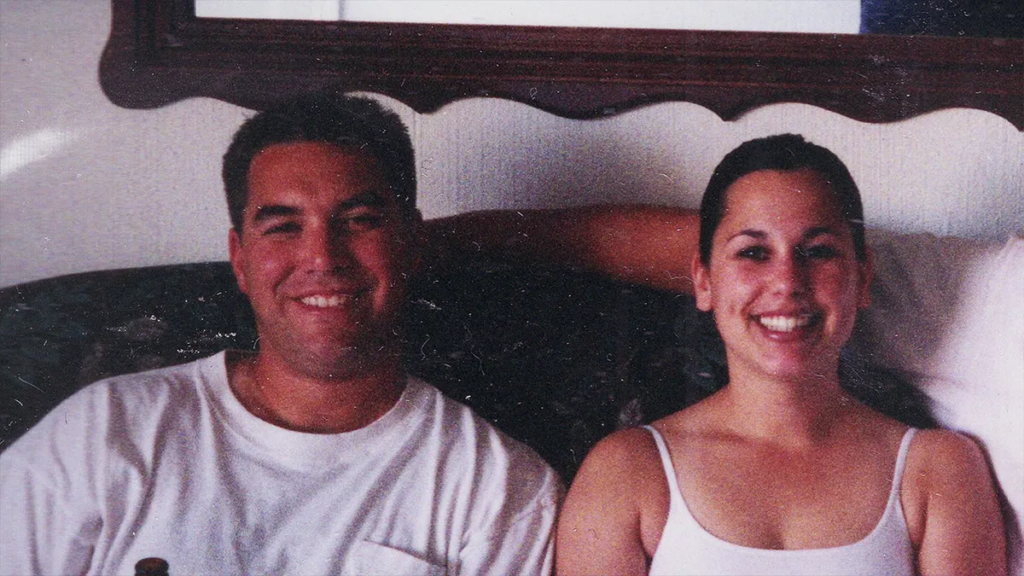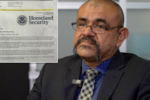Scott Peterson, convicted in 2004 for the murder of his pregnant wife Laci Peterson and their unborn son, is once again challenging the outcome of his trial. Nearly twenty years after one of the most publicized murder cases in modern American history, Peterson and his legal team are asking for a new trial, asserting that newly uncovered evidence and concerns over jury impartiality warrant a fresh look at the case.
Peterson, who was initially sentenced to death, is now serving life in prison without the possibility of parole. His defense argues that critical developments—ignored or unknown during the original trial—could potentially lead to a different outcome if reconsidered.
Background of the Case That Captivated America
Laci Peterson was eight months pregnant when she went missing from her Modesto, California home on Christmas Eve in 2002. Her husband, Scott Peterson, became the prime suspect, and after months of nationwide media coverage, Laci’s body and the remains of her unborn child were discovered in the San Francisco Bay.
The circumstantial evidence was strong but controversial. Prosecutors pointed to Peterson’s extramarital affair, unusual behavior, and inconsistencies in his timeline. In 2004, a jury convicted him of first-degree murder for Laci’s death and second-degree murder for their unborn son, Conner.
His initial death sentence was overturned by the California Supreme Court in 2020 due to jury selection errors, but the murder convictions remained. Now, Peterson’s legal team is trying to overturn those convictions altogether.
Defense Argues New Timeline and Missed Leads
The defense’s latest motion claims that law enforcement overlooked a burglary that occurred near the Peterson home around the time of Laci’s disappearance. Peterson’s attorneys argue that this alternate crime scene wasn’t adequately investigated and may have provided crucial leads.
Several new witnesses have also come forward, according to the filing. These individuals allegedly provide testimony that contradicts the prosecution’s original timeline, casting doubt on Peterson’s opportunity to commit the crime. The legal team believes that if this evidence had been presented during the initial trial, the jury could have reached a different conclusion.
Juror Misconduct Allegations Resurface
Another major component of the motion centers around possible juror misconduct. The defense has long contended that one juror, referred to publicly as Juror 7, failed to disclose relevant personal information during jury selection. She allegedly did not reveal that she had previously been involved in legal proceedings related to domestic violence—circumstances the defense claims would have disqualified her from serving.
The claim is that Juror 7’s undisclosed background could have affected her impartiality, particularly in a case involving a woman’s disappearance and domestic suspicions. If proven, such misconduct could serve as legitimate grounds for vacating Peterson’s conviction.
State Prosecutors Defend the Verdict
Despite Peterson’s arguments, prosecutors are standing firmly behind the original verdict. The California Attorney General’s Office has stated that the evidence against Peterson was—and remains—overwhelming. This includes his actions following Laci’s disappearance, the discovery of the bodies in an area Peterson had visited, and his attempts to flee arrest.
The prosecution insists that the new witness testimonies and timeline revisions are not substantial enough to reverse the outcome of a trial that followed the law and due process. They are expected to submit their official response to the new motion in the coming months.

Public Divided Over the Latest Developments
Public reaction to Peterson’s push for a new trial has been mixed. Many continue to believe he was rightly convicted based on the facts presented in court, while others have raised concerns about media bias, rushed investigations, and the influence of Peterson’s personal behavior on public perception.
Advocacy groups focused on criminal justice reform have taken interest in the case, arguing that even high-profile defendants deserve the same due diligence in appeals as anyone else. Meanwhile, supporters of Laci Peterson’s family insist that justice was already served and reopening the case could prolong their pain.
What Happens Next in the Legal Process
A California judge is expected to review Peterson’s request for a retrial in the coming months. If the court finds the new evidence or alleged juror misconduct compelling enough, a retrial could be granted. That would mark a major turning point in a case that has long been seen as resolved by the legal system.
If the retrial is denied, Peterson’s legal avenues will narrow, though further appeals or federal court reviews could still be pursued.
Conclusion: A Legal Saga Continues
The Peterson case remains one of the most memorable true crime stories in recent history. Now, nearly 20 years later, questions continue to surface. Whether this new round of legal proceedings will lead to a retrial—or simply reaffirm the original conviction—remains to be seen.
For more details on this developing case, visit NBC News coverage on Scott Peterson’s retrial motion.
Disclaimer – Our team has carefully fact-checked this article to make sure it’s accurate and free from any misinformation. We’re dedicated to keeping our content honest and reliable for our readers.








